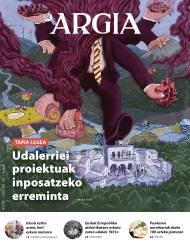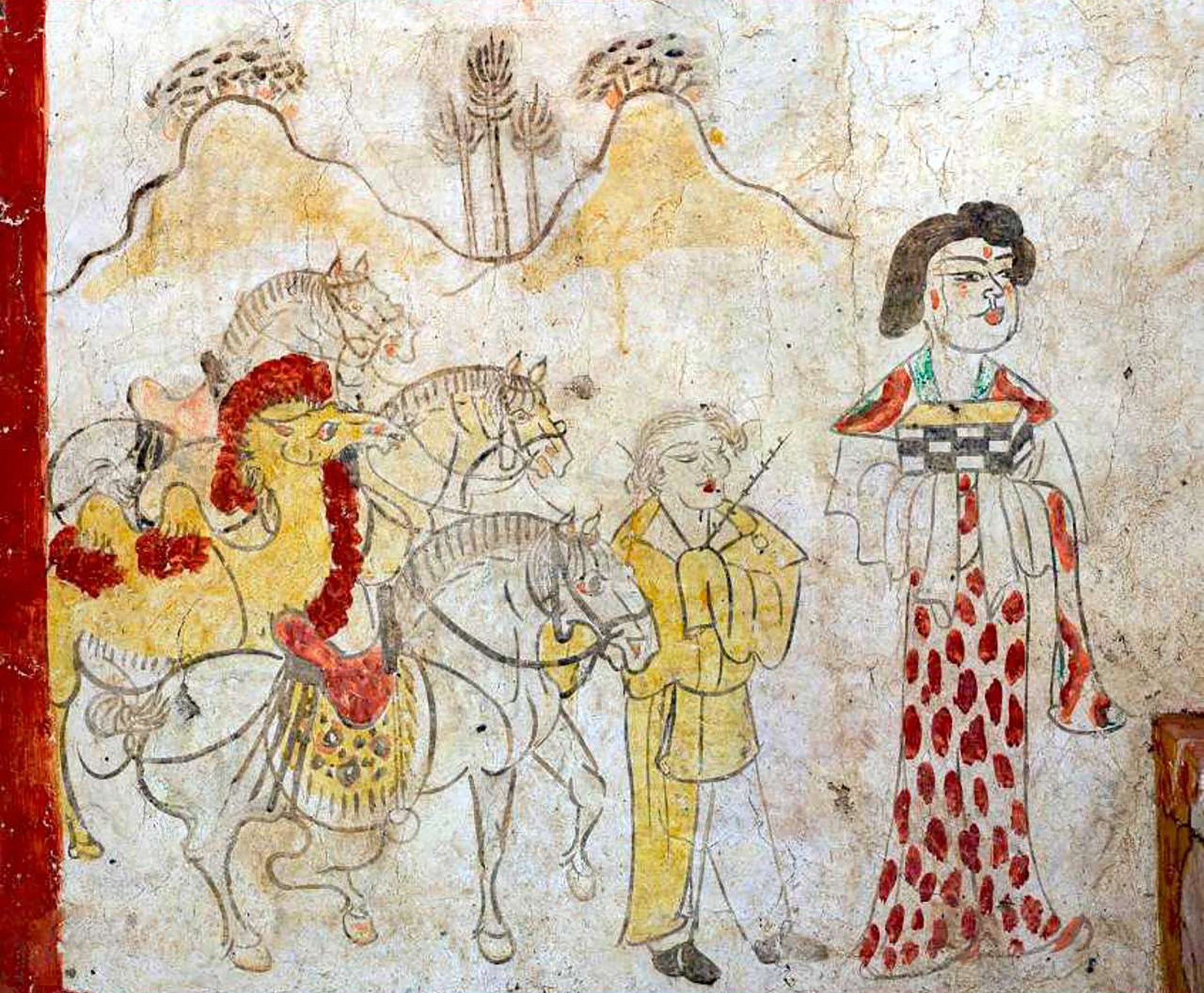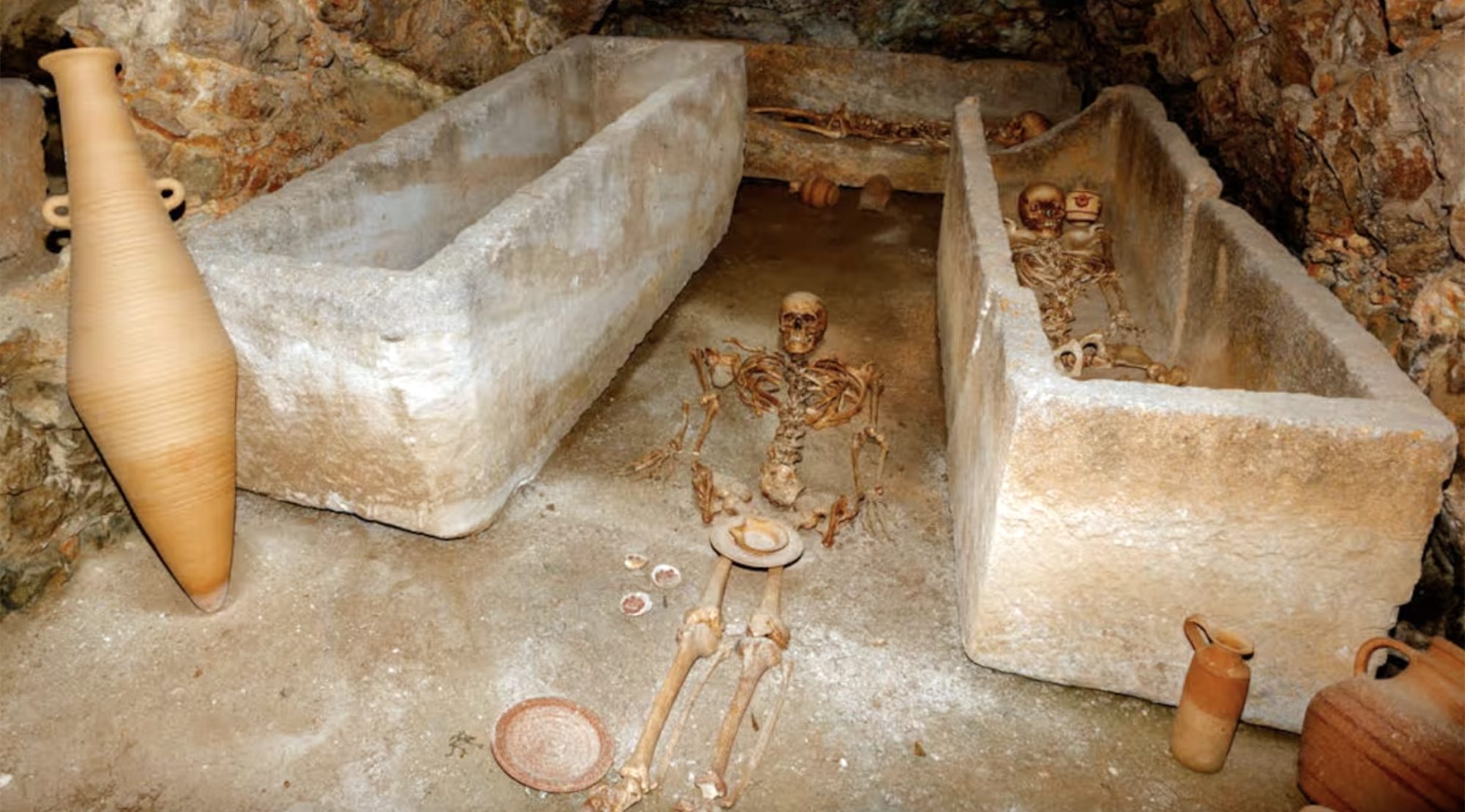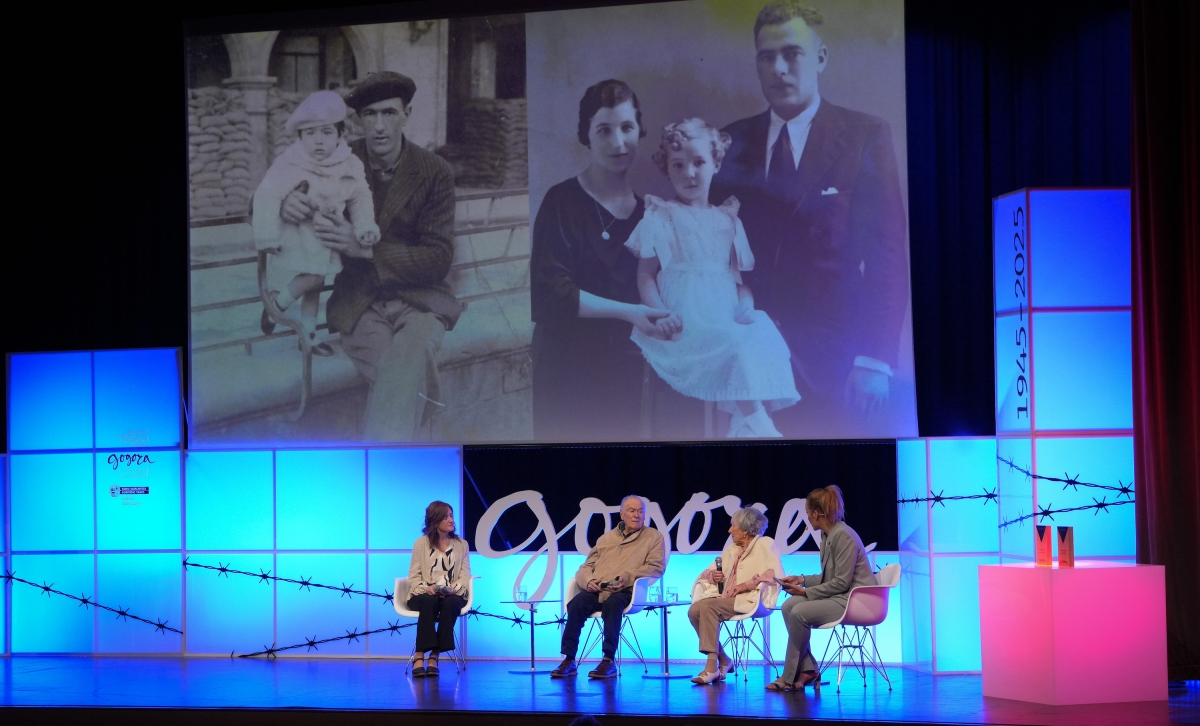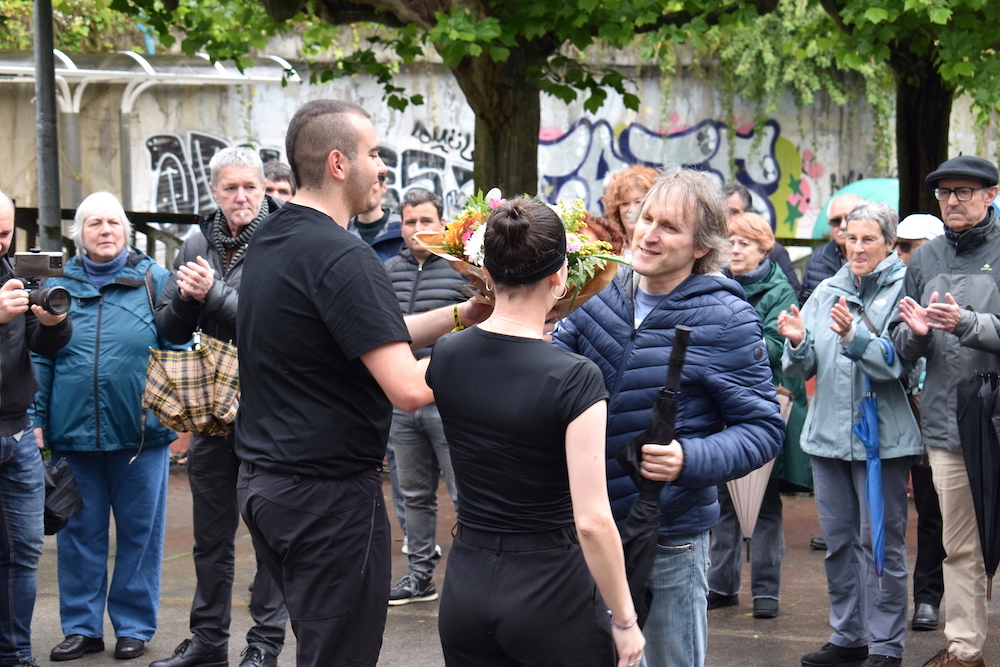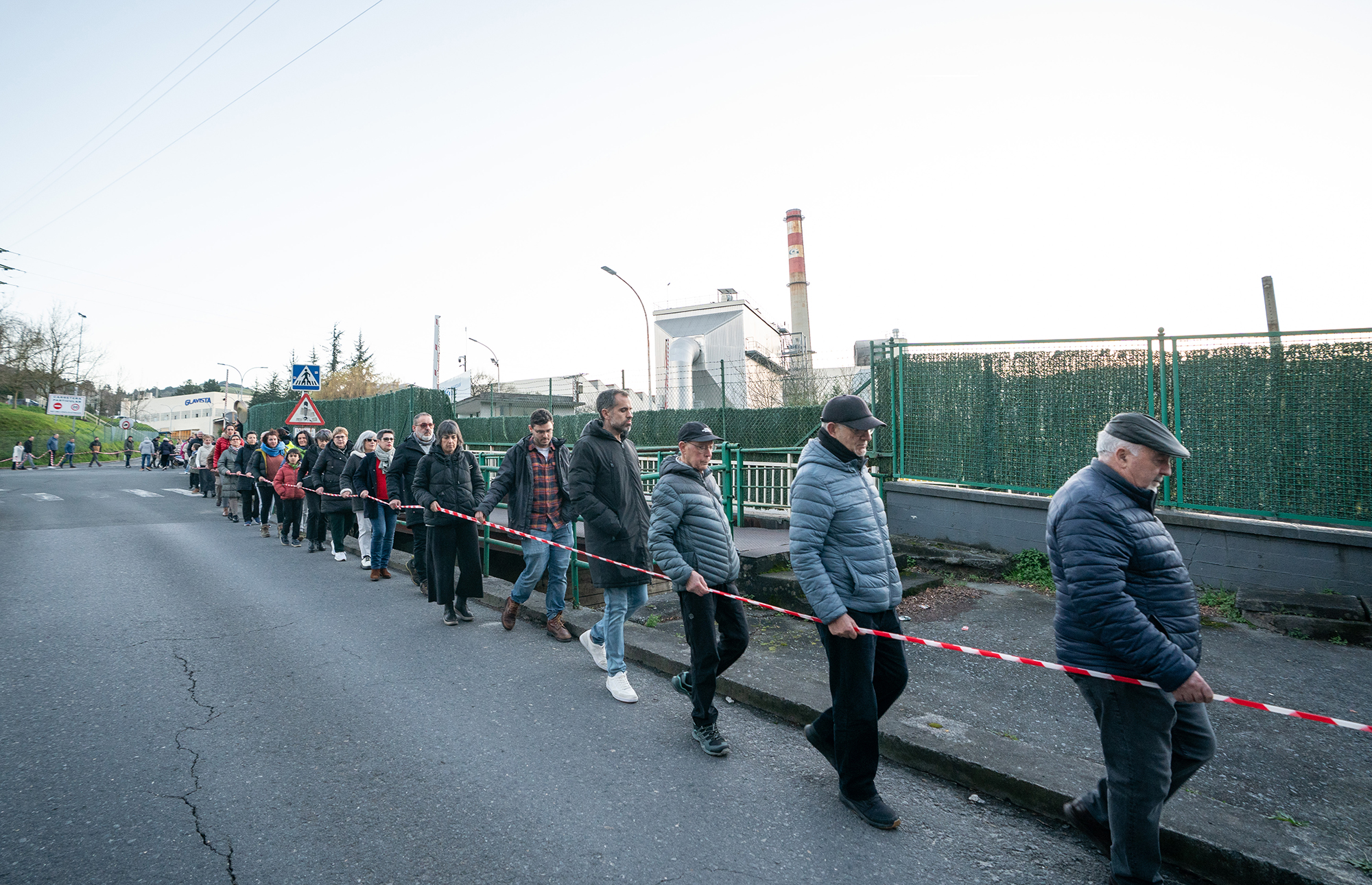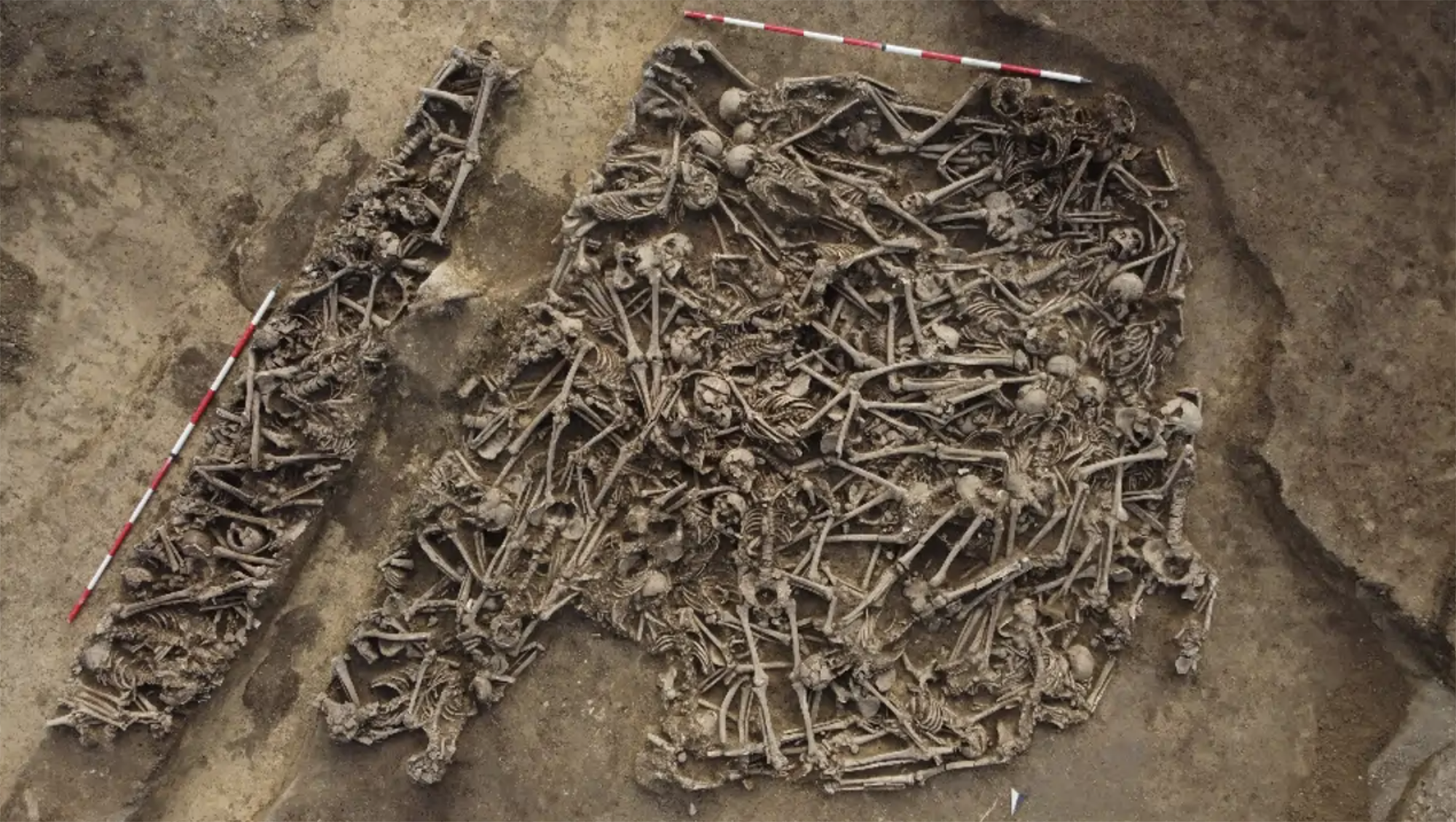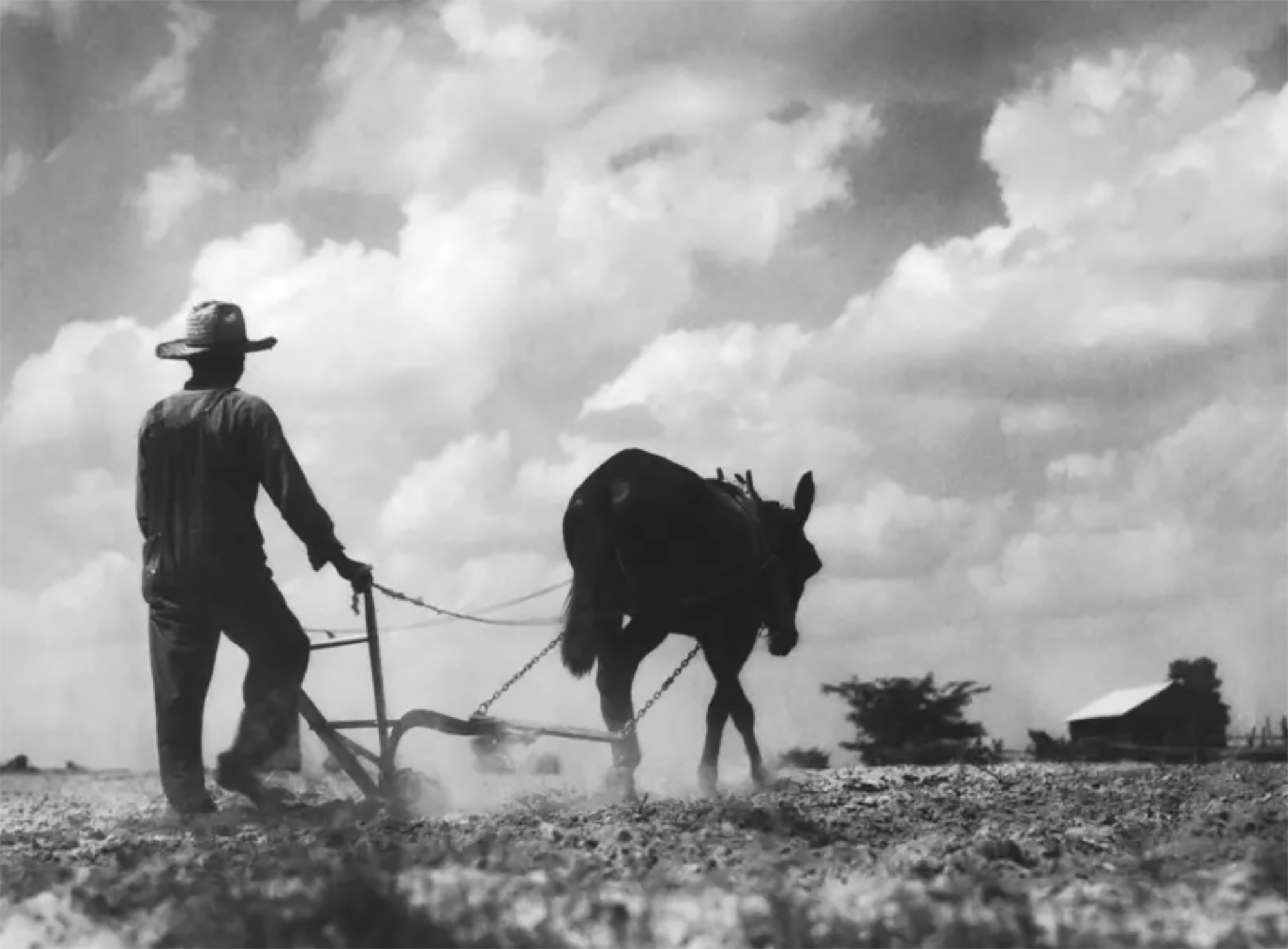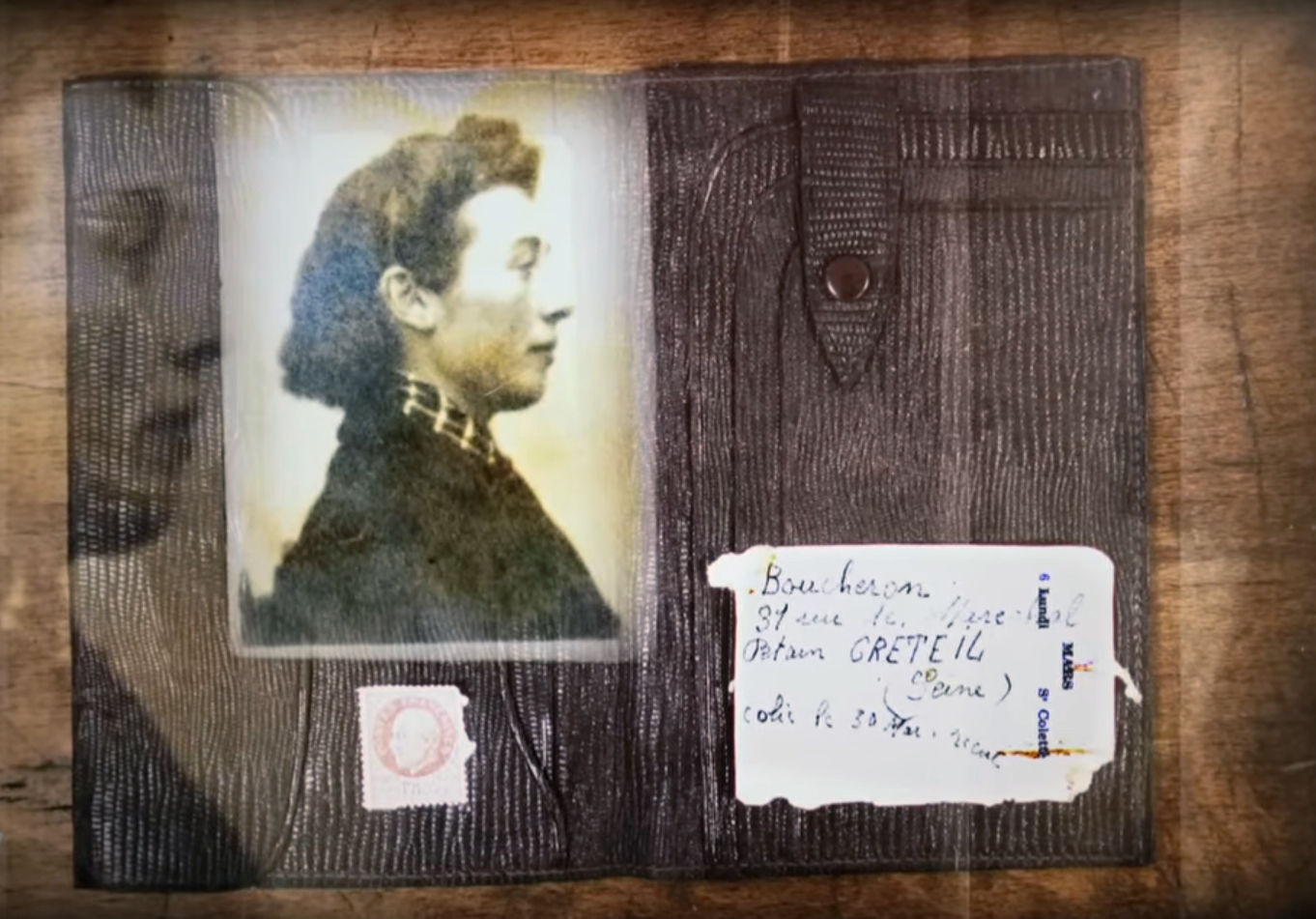The Basque Republic of 1931: chain of right of self-determination
- In the same days as in April 1931 the Second Republic was established in Spain, many municipalities requested the proclamation of the Basque Republic as “the first step of self-determination in the Basque Country”. Five years later the Fascists drowned the Republican and Sovereign ideas with blood, but the chain of this claim has come to this day.
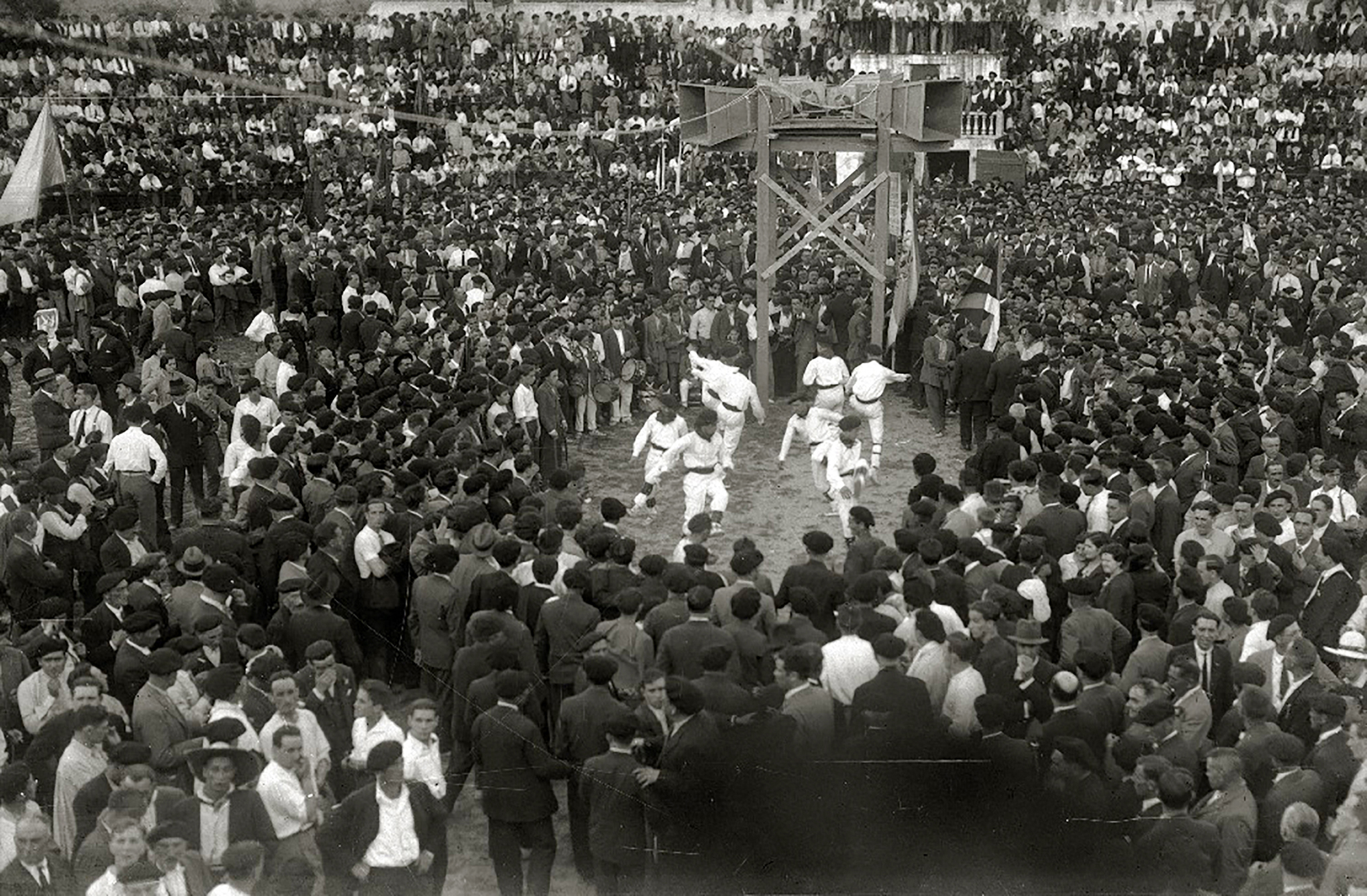
Since the Bourbon King of Spain, Alfonso XIII, ascended to a warship in the port of Cartagena and headed to London, they barely spent hours or days. On 16 April 1931, in the hall of events of the city of Azpeitia, all the mayors, trustees and councillors of the town met in an extraordinary session, approving the historic motion: “In view of the new configuration of the Spanish State, the Town Hall of the Villa of Azpeitia that ceases to be in office, before leaving office, and after confirming the natural and historical rights that correspond to it as a nation, requests the proclamation of the Basque Republic as the first act of self-determination of the Basque Country, confederate with other Iberian Republics”.
In Azpeitia, as in many other towns, the new city council was formed without electoral process, but the authorities that took office unanimously ratified the motion calling for the proclamation of the Basque republic.
Four days earlier municipal elections were held in the Spanish State and, following the proclamation of the Second Republic in Eibar on 14 April, there was a political earthquake that led to the monarch’s exile. In Azpeitia, as in many other towns, the new city council was formed without electoral process, applying a 1907 law, but the authorities that took office, nationalists and Carlists, unanimously ratified the following day, on 17 April, the motion calling for the proclamation of the Basque republic. So did the plenary sessions of eleven other towns.
Azpeitia, Hernani, Lazkao, Markina…
The National Group organized Basque Republic Day in Azpeitia on 7 May, under the motto “La Cadena has not been interrupted”. In their opinion, these mayors and councillors “had the courage to ask for a republic of their own for our people.” They have also invited representatives of other municipalities who approved the motion in 1931, as well as all Basque citizens.
International activity has been exploring the archives of the peoples of Bizkaia and Gipuzkoa for four years, and the member of the Josu Albero group explains that of the 42 municipalities that studied the text in favor of the Basque Republic was approved in 19: Azpeitia, Bergara, Bermeo, Elorrio, Errenteria, Hernani, Itsasondo, Lazkao, Legorreta, Markina, Mundaka, Oñati, Orio, Ormaiztegi, Urnieta, Usurbil, Zaldibia, Zestoa and Zumaia. But they intend to continue the research because “we are sure that it was claimed in more villages,” says Albero.
The Nation’s proposal is to annually celebrate Basque Republic Day in a village, to give a “national dimension” to the event and “socialize the need of the Basque republic”.
.jpg)
From dictatorship to the republic
The request for the proclamation of the Basque Republic came in a confused political situation. In the early 1930s the Spanish monarchy was very delegitimized by supporting the dictatorship of Alfonso XIII.ak, Primo de Rivera. Leftist parties and unions, as well as other right-wing republican and liberal parties, started preparing to change the regime: On 17 August 1930, the Republican and Catalan forces signed the San Sebastian Pact for the Second Republic.
The December 1930 Jaca uprising must be seen in this context. Some military forces removed General Damaso Berenguer from government, who did not break with the previous dictatorship, but the effort failed and repressed the rebels.
However, in the spring of 1931 most political movements were engaged in a campaign against the monarchy, with a view to the elections on 12 April. In the Basque Country the echoes of this environment were remarkable, as is the case of the Republican bertsolari Joxe Mari Lopetegi, who left in La Frontera magazine:
The Biyotza gora begiys are
glad to extol the bitterness that was coming; we have had a few years in six or seven years, they have put
on the ground what is Dierri
de lenaz, geyago is not well encouraged in the
corn that awaits us.
As soon as the first electoral results that acquired the status of a plebiscite began to be known, it was seen that in the larger cities, unlike the rural environment, the supporters of the republic gained their support. In Gipuzkoa, for example, they achieved a significant number of councillors in Donostia, Arrasate, Irun and Eibar. Of the 19 elected councillors in Eibar, 10 were socialists, 8 republicans and one nationalist. It is no coincidence that the Second Republic was proclaimed from the balcony of the city of that country early on 14 April, when the results of the votes were not clear, but was merely a political change and a starting point for profound social progress.
Iberian Confederation
Hours later, Francesc Macià Esquerra, head of the Republic of Catalonia, proclaimed the Republic of Catalonia, “waiting for the rest of Spain to become a Republic to form the Iberian Confederation.” From the balcony of the Barcelona City Hall, first, and after the balcony of the Council building, the message sent to the crowd gathered in the Plaza de Sant Jaume meant a rupture with Spain: Maciá said they were only going to be dead, d'here not ens trauran but morts.
.jpg)
We don't know if José Antonio Aguirre thought the same thing. But that same day, being mayor of Getxo, he proclaimed the Basque republic “within the Spanish Republican Federation”, which would leave it written in his book Entre la libertad y la revolución. Agirre, together with the mayors of Bermeo, Elorrio and Mundaka, convened representatives of other municipalities of Bizkaia to meet on 17 April in the General Meetings of Gernika to request the declaration of the Basque Republic “under the natural right of peoples to govern themselves by self-determination”.
However, Gernika Garellano woke up surrounded by bulldozers from the regiment and the municipal authorities could not even see the tree. The manifesto had to be signed abroad. Moreover, by then, the ministerial people of the new government of Spain were heading for Catalonia, the creation of a Generalitat of consensus with Maciá, if it reversed with the claim of the Catalan State.
The idea of an Iberian federation of free republics lasted only three days. The Euskaria Foundation organized an event in Gernika on the 80th anniversary of the event: “That day, the first Basque Republic could not be under the Spanish army and the Civil Guard, five years later, not even the second Spanish Republic.”
But Gernika Garellano woke up surrounded by bulldozers from the Regiment and the municipal authorities could not see his tree (...) the idea of the Iberian federation of free republics lasted only three days
Abertzale initiative
The desire for self-determination extended not only to the great peoples, but also to the small in those days. The municipalities of Altzaga and Arama were the first to join the demand for the Basque republic, then Ormaiztegi and Itsasondo...
In many cases the text adopted is the same and was promoted by nationalists. In the early 1930s, this Republican current was favored by the synergy movement of nationalists and Carlists, but it also aroused suspicion for the union of monarchists in some cases: “Beware! Are we facing a maneuver?” warned the journalist Jesús Insausti in La Voz de Guipuzcoa in the article entitled Uzturre.
However, the motion was unanimously supported by most peoples. Euskaltzale ondoarra Joxe Anjel Izuzkiza, also municipal secretary of Arama, wrote in the press with the nickname Murumendi and summed up the political environment very well: “The Republic of Euzkadi is a highly demanded republic, that is, the envy that the monarchic government took away from us. What good intentions!” he said in Euzkadi. Eight decades later, that municipal claim became the historical reference of the World of the Nations of the Goierri in favor of the right to decide, germ of what would then be Zion Esku Dago.
.jpg)
“Because we want”
In the localities where the left were stronger, they did not stay behind either, as in Zumaia. The Republican Party won 5 councillors – 6 from the PNV – and the municipal band toured the streets singing the melodies of Marsellesa, just accepting the text favorable to the Basque Republic. The French writer and poet George Barbarin was in those times in Zumaia, and left us a tremendous portrait of local society in Jesusa Gipuzkoa (Baleike, 2018), translated into Basque by Xabier Azkue Ibarbia and Maia Ossa Rissanen: “In times of kings we did not dare to miss Mass,” a woman told Barbarin. And now? asked by the writer: “Now we go the same way, but because we want.”
In the most populated villages on the left, as in Zumaia, the municipal band walked the streets with the melodies of 'Marsellesa', nothing else to accept the text in favor of the Basque Republic
Be able to decide “ambition” by stealing words from Izuzkizari. In the hope that the Republic would bring that right, the councillors and mayors of many peoples took a step in those promising years.
But words are nothing but the loose eyes of a chain if it is not filled with content. The members of the Internationalisation Group are clear: “We need the Basque Republic to achieve a more just and democratic society. And we need the Basque Republic to maintain our language, our culture and our collective identity, and to survive as a people in the face of insatiable French and Spanish assimilationist intentions.” On 7 May, therefore, it was quoted in Azpeitia to point out that the chain for the self-determination of peoples has not been suspended.
In the Chinese province of Shanxi, in a tomb of the Tang dynasty, paintings depicting scenes from the daily lives of the dead are found. In one of these scenes a blonde man appears. Looking at the color of the hair and the facial expression, archaeologists who have studied the... [+]
Carthage, from B.C. Around the 814. The Phoenicians founded a colony and the dominant civilization in the eastern Mediterranean spread to the west. Two and a half centuries later, with the decline of the Phoenician metropolis of Tyre, Carthage became independent and its... [+]
Salvador Puig Antich frankismoaren kontrako militantea izan zen. Askapen Mugimendu Iberikoko kidea, 1973ko irailaren 25ean atxilotu zuten. Gerra-kontseilua egin zioten, eta garrotez exekutatu zuten handik sei hilabetera, 1974ko martxoaren 2an. Aurtengo otsailean baliogabetu du... [+]
Rudolf Botha hizkuntzalari hegoafrikarrak hipotesi bat bota berri du Homo erectus-i buruz: espezieak ahozko komunikazio moduren bat garatu zuen duela milioi bat urte baino gehiago. Homo sapiens-a da, dakigunez, hitz egiteko gai den espezie bakarra eta, beraz, hortik... [+]
Böblingen, Holy Roman Empire, 12 May 1525. Georg Truchsess von Waldburg overthrew the Württemberg insurgent peasants. Three days later, on 15 May, Philip of Hesse and the Duke of Saxony joined forces to crush the Thuringian rebels in Frankenhausen, killing some 5,000 peasants... [+]
During the renovation of a sports field in the Simmering district of Vienna, a mass grave with 150 bodies was discovered in October 2024. They conclude that they were Roman legionnaires and A.D. They died around 100 years ago. Or rather, they were killed.
The bodies were buried... [+]
Washington, D.C., June 17, 1930. The U.S. Congress passed the Tariff Act. It is also known as the Smoot-Hawley Act because it was promoted by Senator Reed Smoot and Representative Willis Hawley.
The law raised import tax limits for about 900 products by 40% to 60% in order to... [+]









